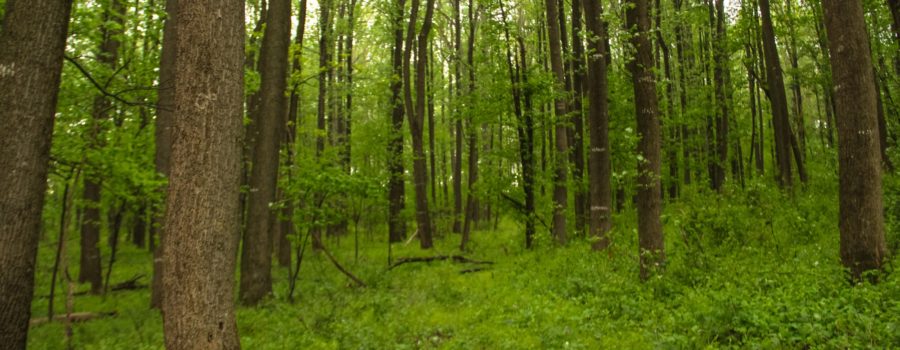The U.S. Forest Service is proposing changes to its National Environmental Policy Act (NEPA) regulations that will eliminate public participation and science-based analysis for nearly every decision affecting national forests, from timber sales to road construction to pipeline rights of way.
The Forest Service is accepting comments on this change, and if we don’t speak up now, it could be our last chance. If the proposal moves forward, the public won’t receive notice or a chance to object to specific projects in the future.
Comments are due August 26.
Why comment?
Public participation – yours – is essential for good decisions affecting public lands. When the Forest Service considers allowing logging, road-building, mining, or fracking on our national forests, it must balance those uses with impacts to wildlife, clean water, backcountry areas, recreation on rivers and trails, and other social and economic impacts. That balancing act is impossible without listening to the people who would be affected by its decisions.
What impact will the proposed changes have?
Among other things, this proposed change would cut public participation out of decisions like:
- Commercial logging up to 4,200 acres (6.6 square miles!) at a time;
- Building up to 5 new miles of roads at a time;
- Adding illegally created roads and trails to the official roads and trails systems;
- Closing roads used by the public to access hunting areas, streams for fishing, and trails;
- Bulldozing new pipeline or utility rights of way up to 20 acres (e.g., 4 miles at 40’ across)
Not only would these decisions be made without public input; they would also be made without environmental review and without considering whether there are less harmful ways to meet the same needs.
Even more specifically
93.3% of projects will lose all public participation requirements.
Currently, the Forest Service uses environmental assessments (EAs) to approve 277 projects per year on average. EAs are intended to be short and focused, but they do require a science-based analysis and consideration of alternatives, subject to public comment and the right to file an informal objection.
If the proposed rule is finalized, the Forest Service estimates that about ¾ of projects currently approved using EAs would in the future be exempt from any public participation requirements.
Categorical exclusions (CEs), a less stringent environmental review, have in the past required public notice through the “scoping” process and an opportunity for public comment. Under the proposed rule, however, CEs would no longer require advance public notice and opportunity to comment.
If enacted, the Forest Service proposed changes would result in only 6.7% of all Forest Service decisions requiring any public comment whatsoever.
These figures are national averages, and the the effects will vary between Forests and Regions.
The logging loophole created by this proposal is so big that every single timber sale in the Southern Appalachians would fit through it.
Which means no more public input or science-based analysis. To give a sense of scale, 4,200 acres of harvest would cover, in a single decision:
- Over 2 years’ worth of commercial logging on the George Washington National Forest, even at maximum production levels;
- Almost 3 years’ worth of commercial logging at current levels on the Chattahoochee National Forest;
- 5 years’ worth of commercial logging at current levels on the Nantahala-Pisgah National Forest;
How to send your comments
Southern Environmental Law Center action portal: OurForestsOurVoice.org
Federal Public participation portal (preferred): www.regulations.gov
Mail: NEPA Services Group, c/o Amy Barker; USDA Forest Service, 125 South State Street, Suite 1705, Salt Lake City, UT 84138

